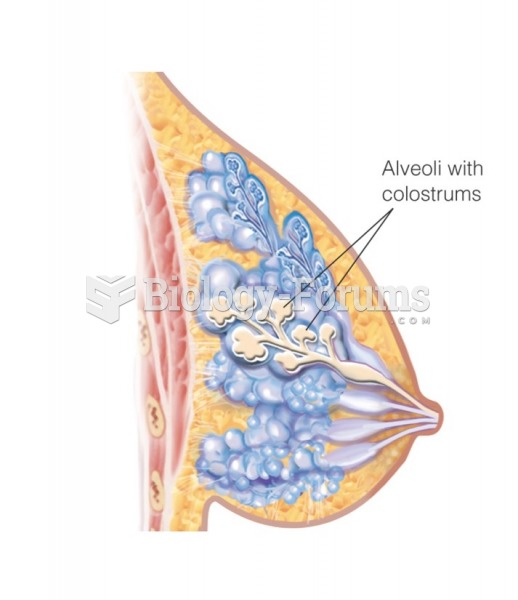|
|
|
Did you know?
Calcitonin is a naturally occurring hormone. In women who are at least 5 years beyond menopause, it slows bone loss and increases spinal bone density.
Did you know?
The first oncogene was discovered in 1970 and was termed SRC (pronounced "SARK").
Did you know?
On average, the stomach produces 2 L of hydrochloric acid per day.
Did you know?
Cyanide works by making the human body unable to use oxygen.
Did you know?
The FDA recognizes 118 routes of administration.







